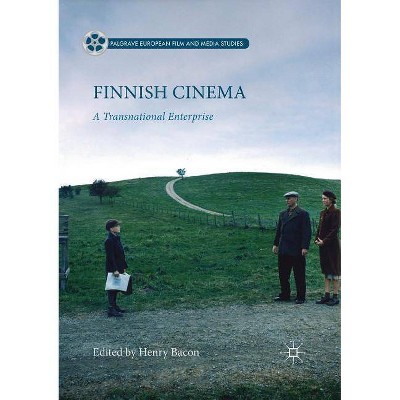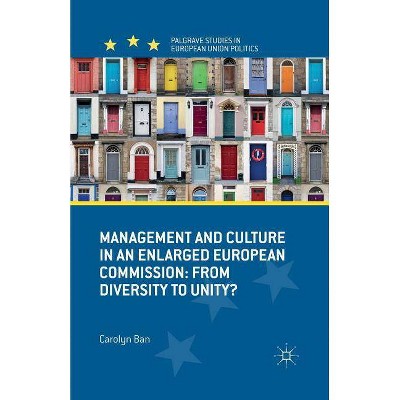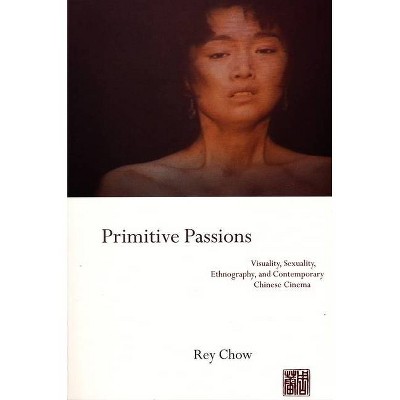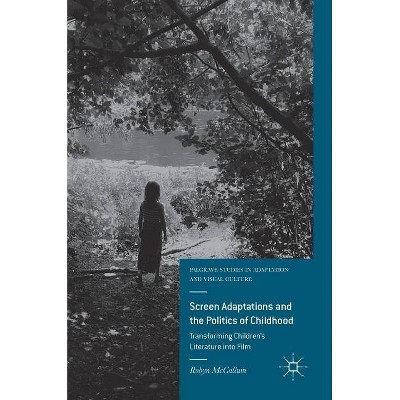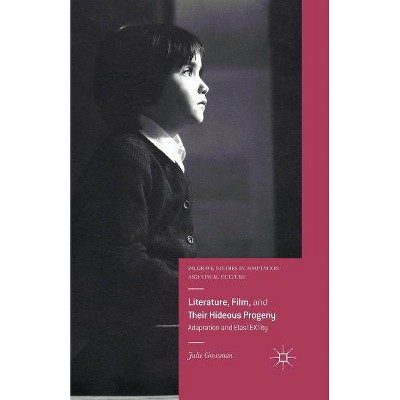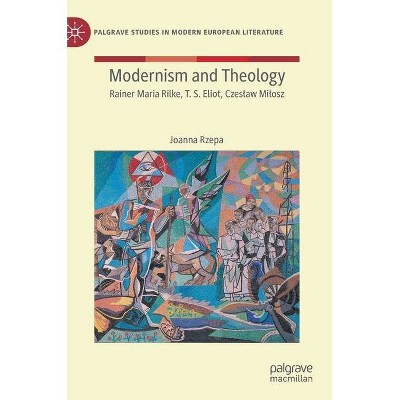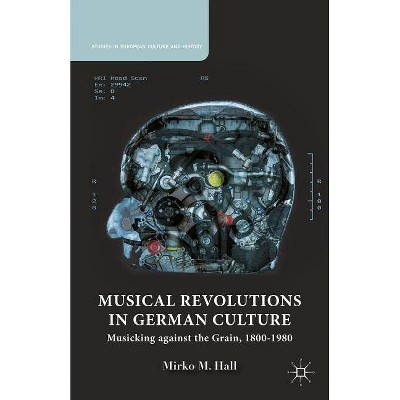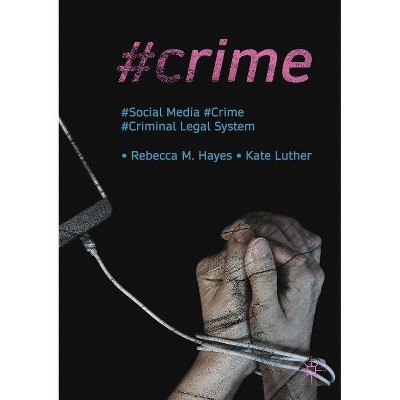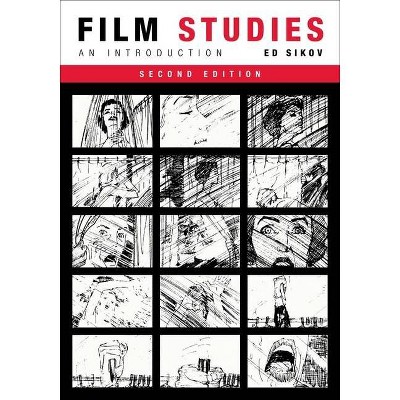Transnational Screen Culture in Scandinavia - (Palgrave European Film and Media Studies) by Pei-Sze Chow (Hardcover)
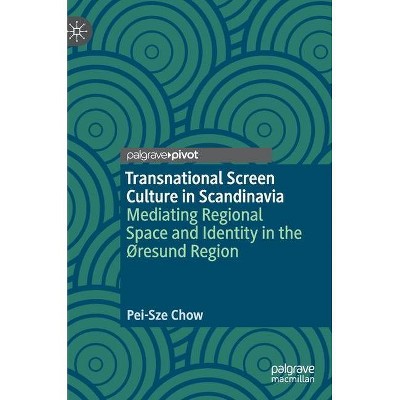
Similar Products
Products of same category from the store
AllProduct info
<p/><br></br><p><b> Book Synopsis </b></p></br></br>Chapter 1: Introduction: An end<p><b>Part I: Regions and Regioscapes on Film</b></p> <p>Chapter 2: Screening transnational regioscapes</p> <p>Chapter 3: A region under transformation: from 'Øresund' to 'Greater Copenhagen'</p> <p><b>Part II: Urban Documentary Interventions</b></p> <p>Chapter 4: Malmö in transition: documenting the architectural region</p> Chapter 5: Copenhagen dreaming: navigating the urban city<p></p> <p><b>Part III: Short Films in a Maritime Region</b></p> <p>Chapter 6: Short films: liminal spaces across a narrow strait</p> <p>Chapter 7: Conclusion: New beginnings</p><p/><br></br><p><b> From the Back Cover </b></p></br></br><p>"Lucidly written, and offering percipient analyses of a range of fascinating documentaries and short films, this original and insightful book examines the role of film as a key tool of regional policymakers and as a creative space in which the lived experience of a new region can take imaginative shape." </p> <p> --<b>C. Claire Thomson</b>, Professor of Cinema History, UCL</p><br>"Chow's work on regioscapes shows how audiovisual media is closely interwoven with regional place-making. This fascinating book provides us with critical and pivotal insights into the screen mediations and counter-narratives of the ambitious political, economic and cultural construction that is the Øresund region."--Anne Marit Waade, Professor of Global Media Industries, Aarhus University, Denmark <p/><p>This book explores a range of lesser-known documentaries and short films from the transnational Øresund region released in the period 2000-2009, focusing on how this Scandinavian region's urban and maritime spaces, iconic architecture, and peripheral communities across Malmö and Copenhagen have been imagined and critiqued through film. This is the first book to widen the critical gaze beyond popular representations to examine a significant body of peripheral films produced in and about the metropolitan Øresund region. Emerging at a time of spatial transformation and geopolitical change, these films weave alternative narratives that confront the official rhetoric of transnational regionalism. Offering the concept of <i>regioscape</i> as a way to investigate the intimate relationship between artistic representation, screen policy, space, and the region-building project, this book presents new readings of films by contemporary Swedish and Danish filmmakers such as Fredrik Gertten, Kolbjörn Guwallius, Daniel Dencik, and Max Kestner.</p> <p><b>Pei-Sze Chow</b> is Assistant Professor of Media and Culture at the University of Amsterdam, The Netherlands. Her interdisciplinary research takes a spatial, media-geographic approach to studying film cultures, focusing on the cinemas of peripheral regions and nations, diversity and representation, and transnationalism. She is the co-editor of <i>A History of Danish Cinema</i> (2021) and has published work on Nordic noir and geopolitics, architecture on film, and more recently on algorithms in film production.</p><br><p/><br></br><p><b> About the Author </b></p></br></br><p><b>Pei-Sze Chow</b> is Assistant Professor of Media and Culture at the University of Amsterdam, The Netherlands. Her interdisciplinary research takes a spatial, media-geographic approach to studying film cultures, focusing on the cinemas of peripheral regions and nations, diversity and representation, and transnationalism. She is the co-editor of <i>A History of Danish Cinema</i> (2021) and has published work on Nordic noir and geopolitics, architecture on film, and more recently on algorithms in film production.</p><br><p></p>
Price History
Price Archive shows prices from various stores, lets you see history and find the cheapest. There is no actual sale on the website. For all support, inquiry and suggestion messagescommunication@pricearchive.us
